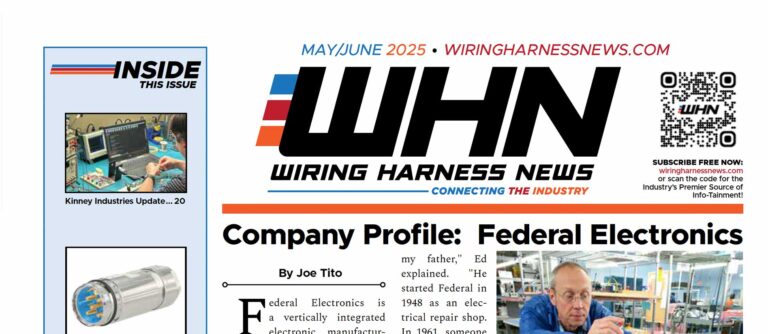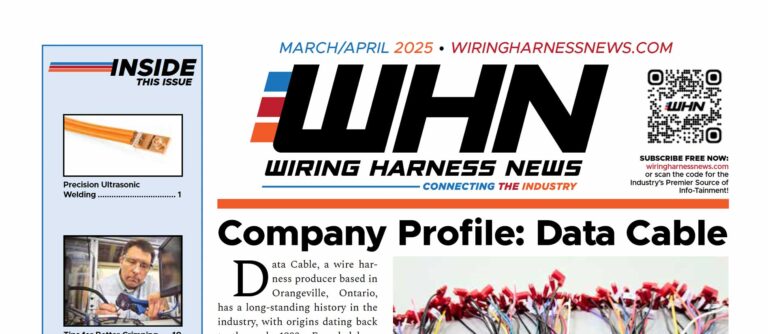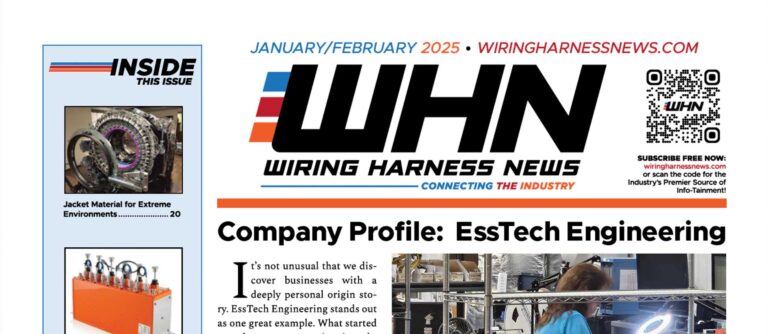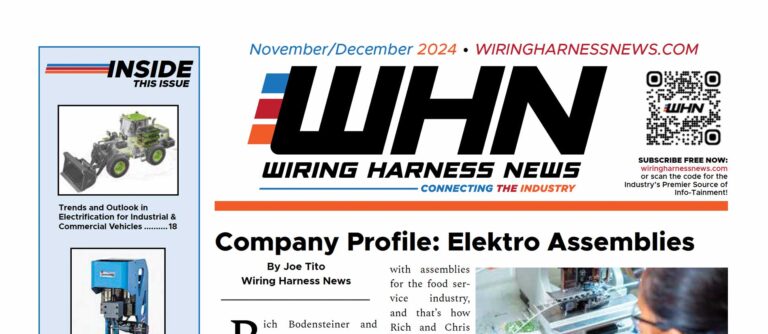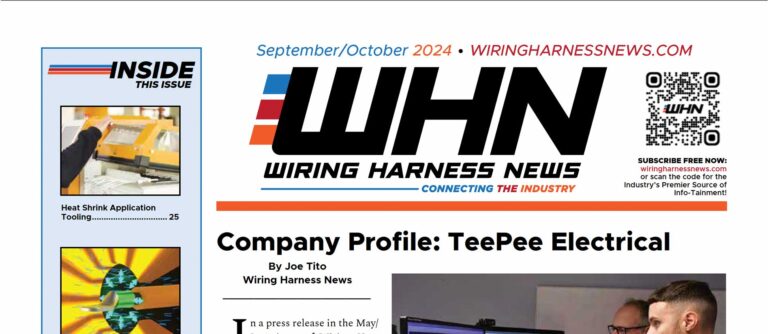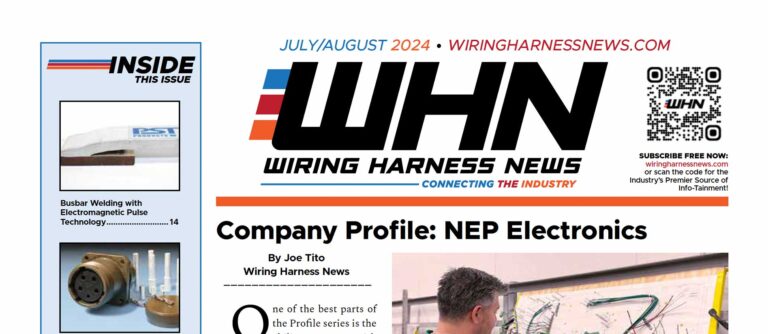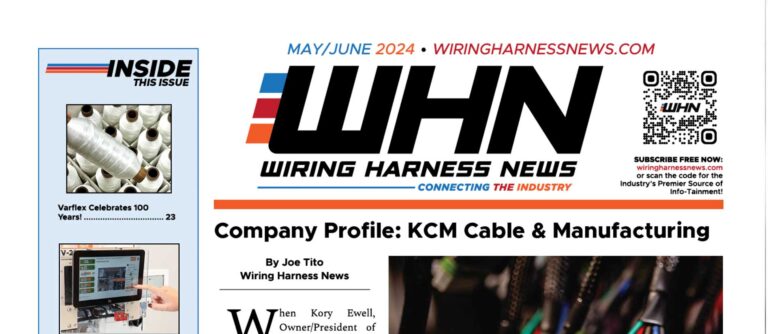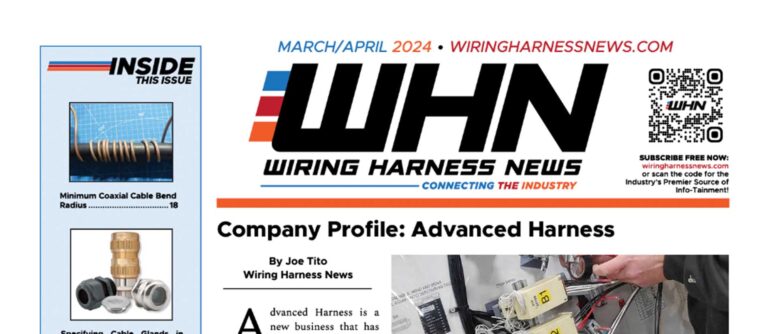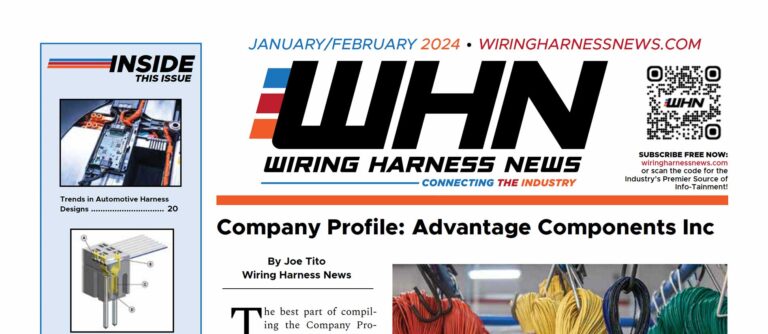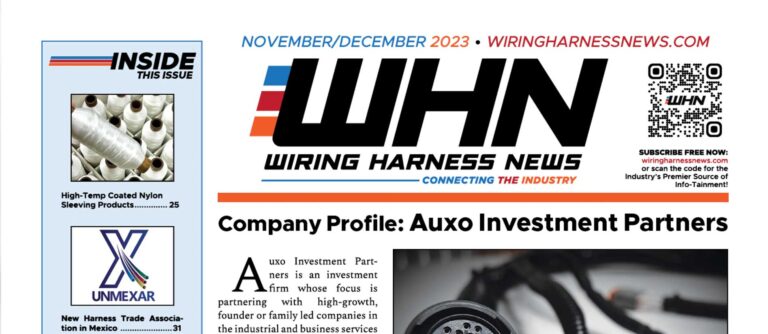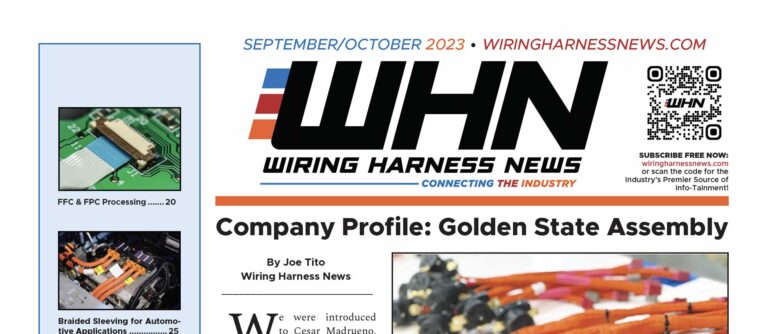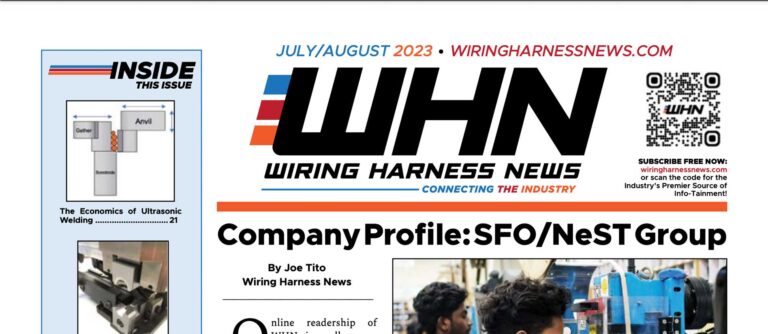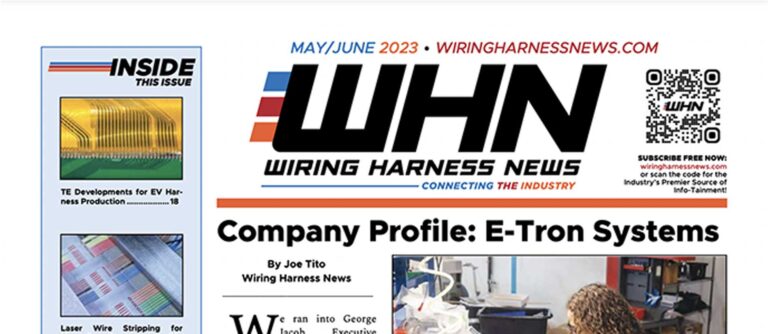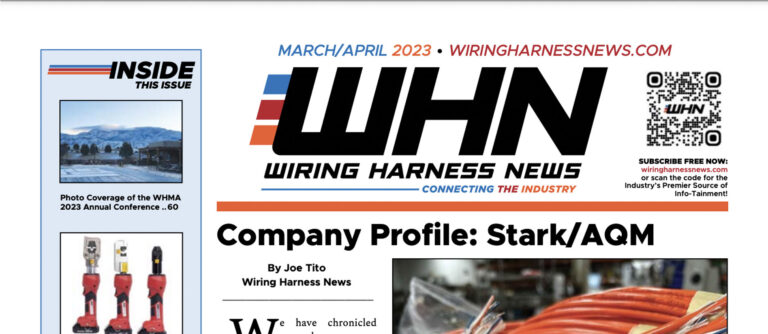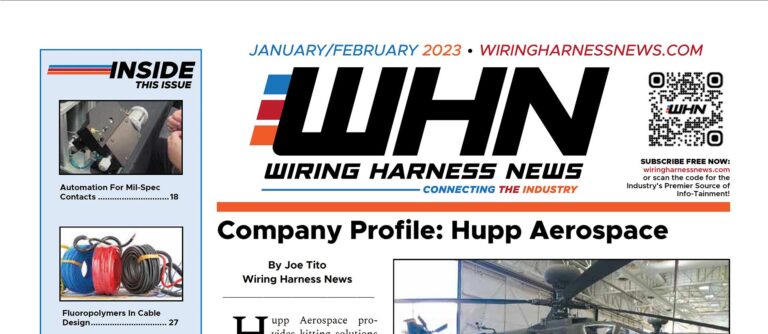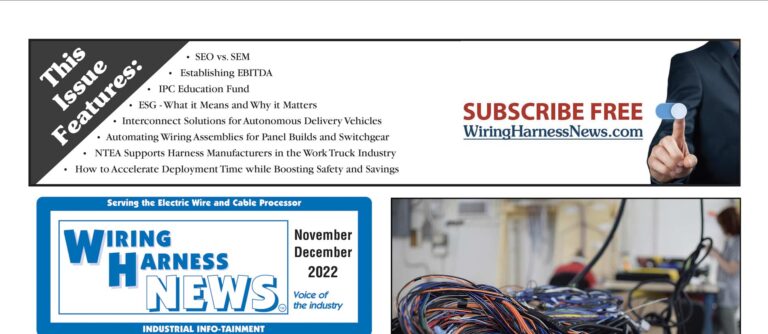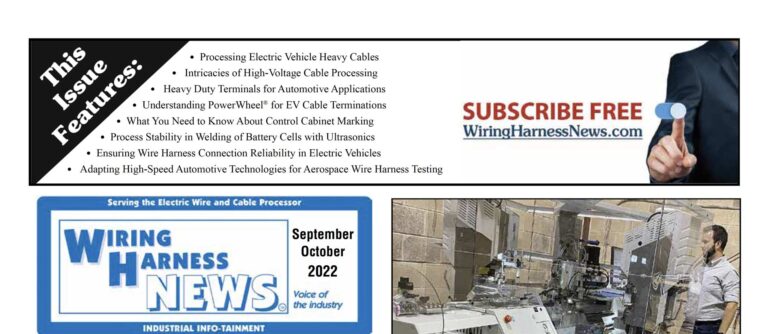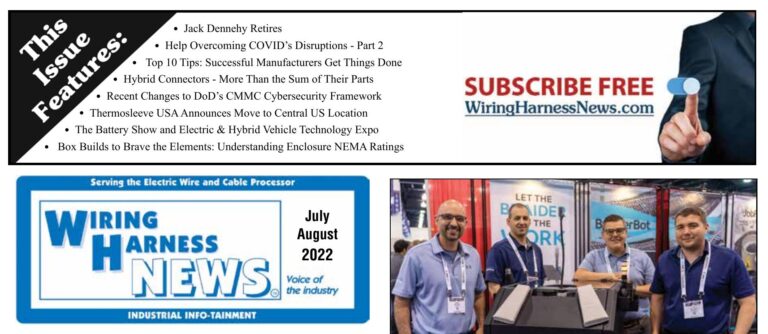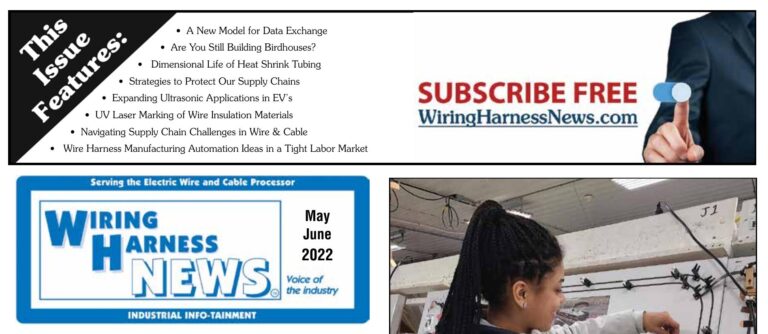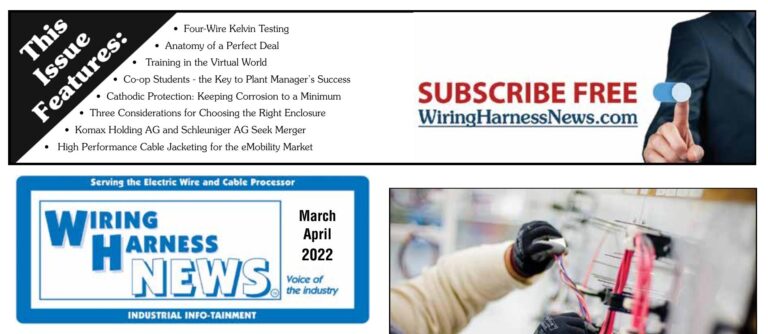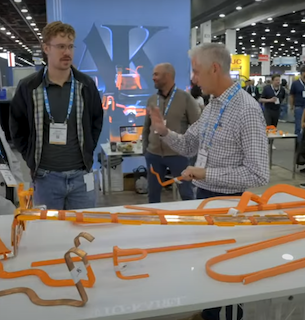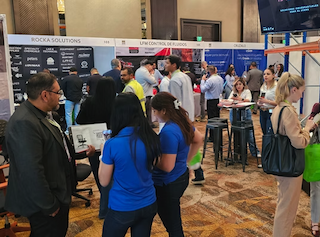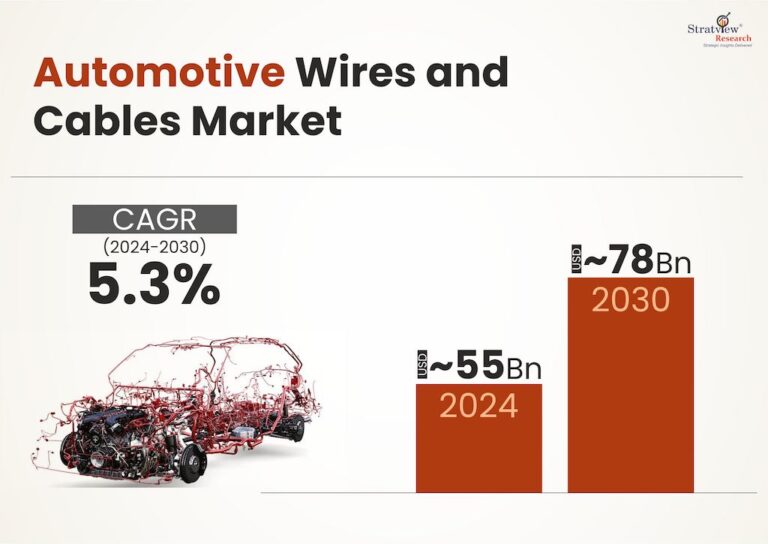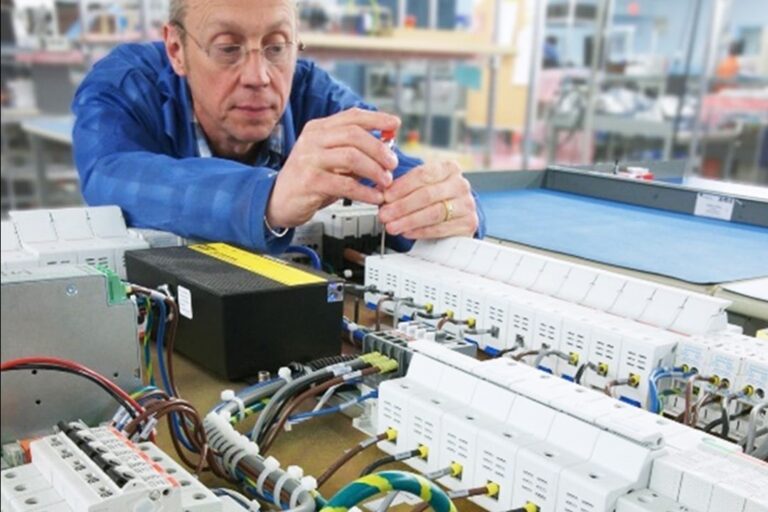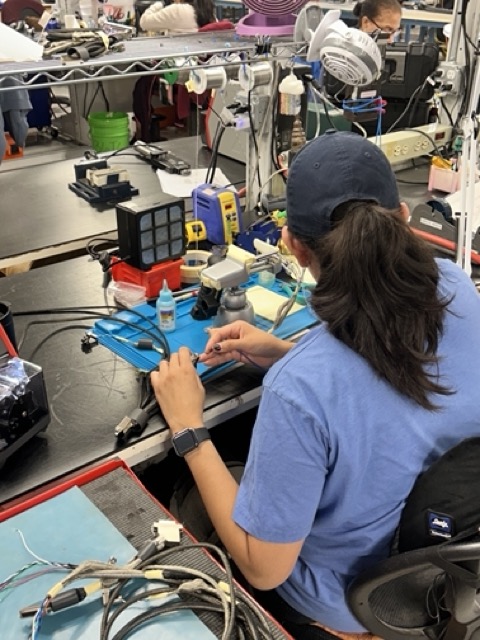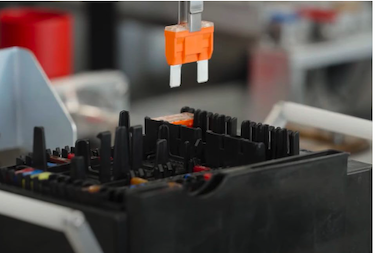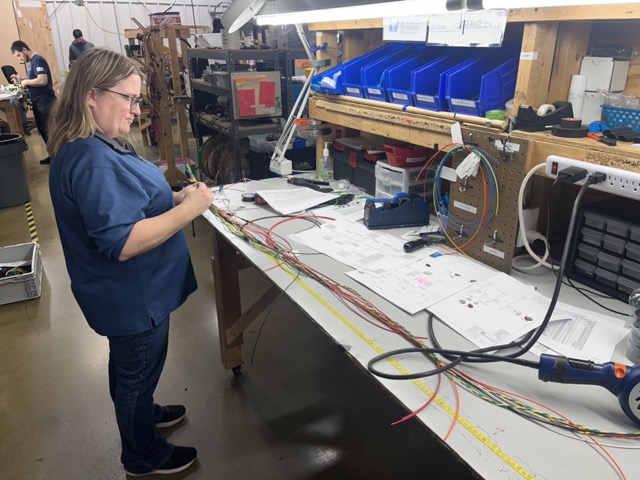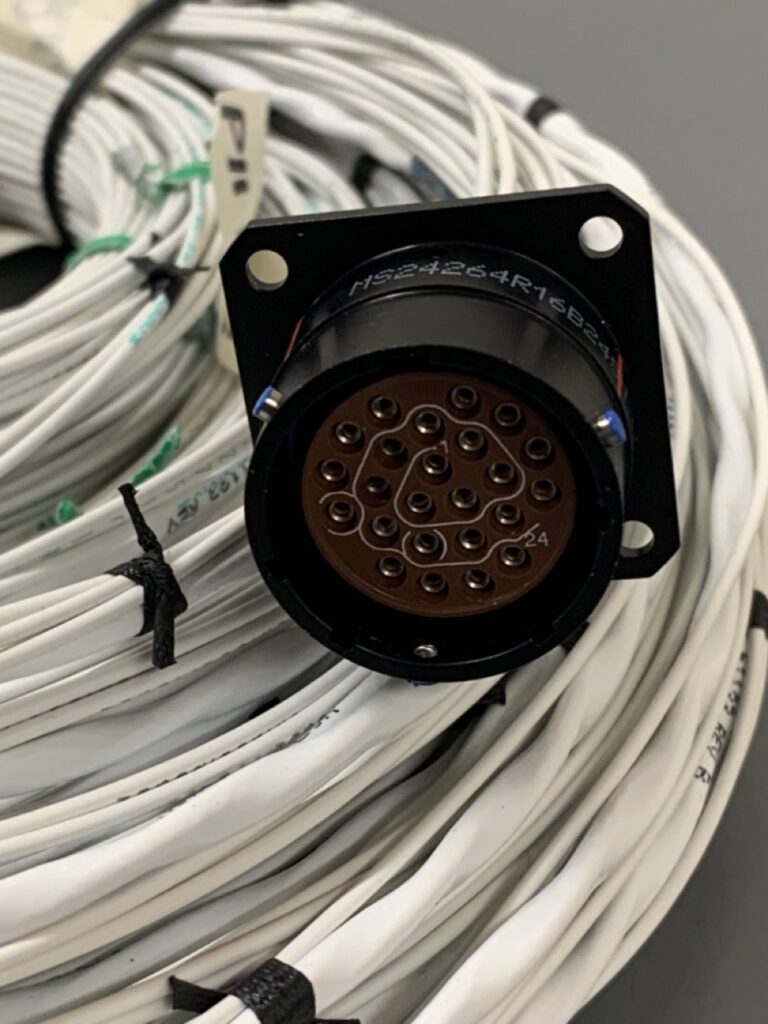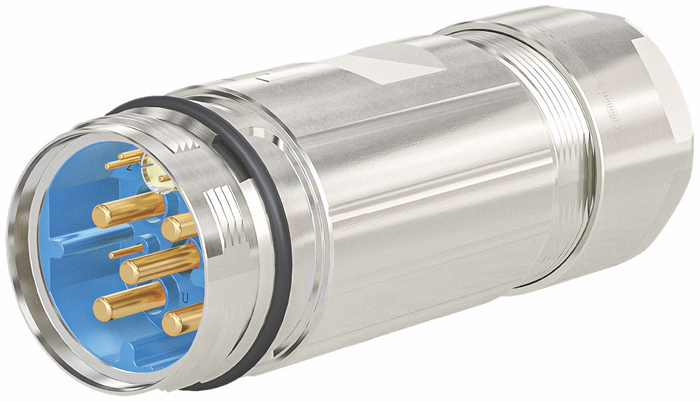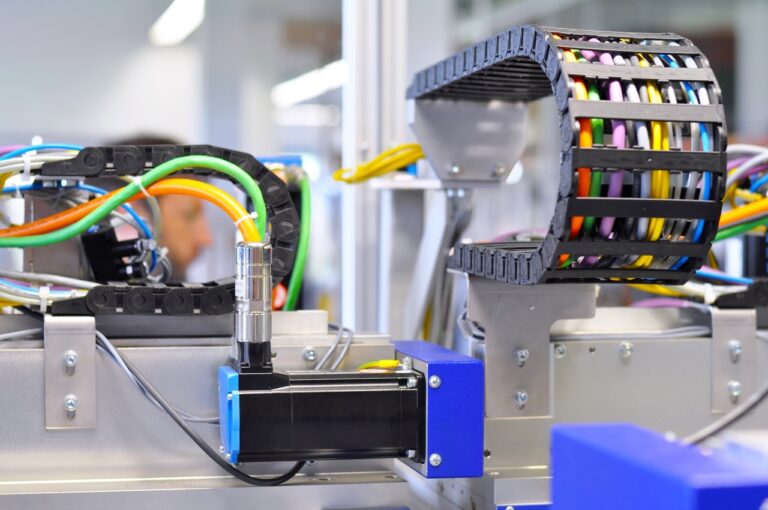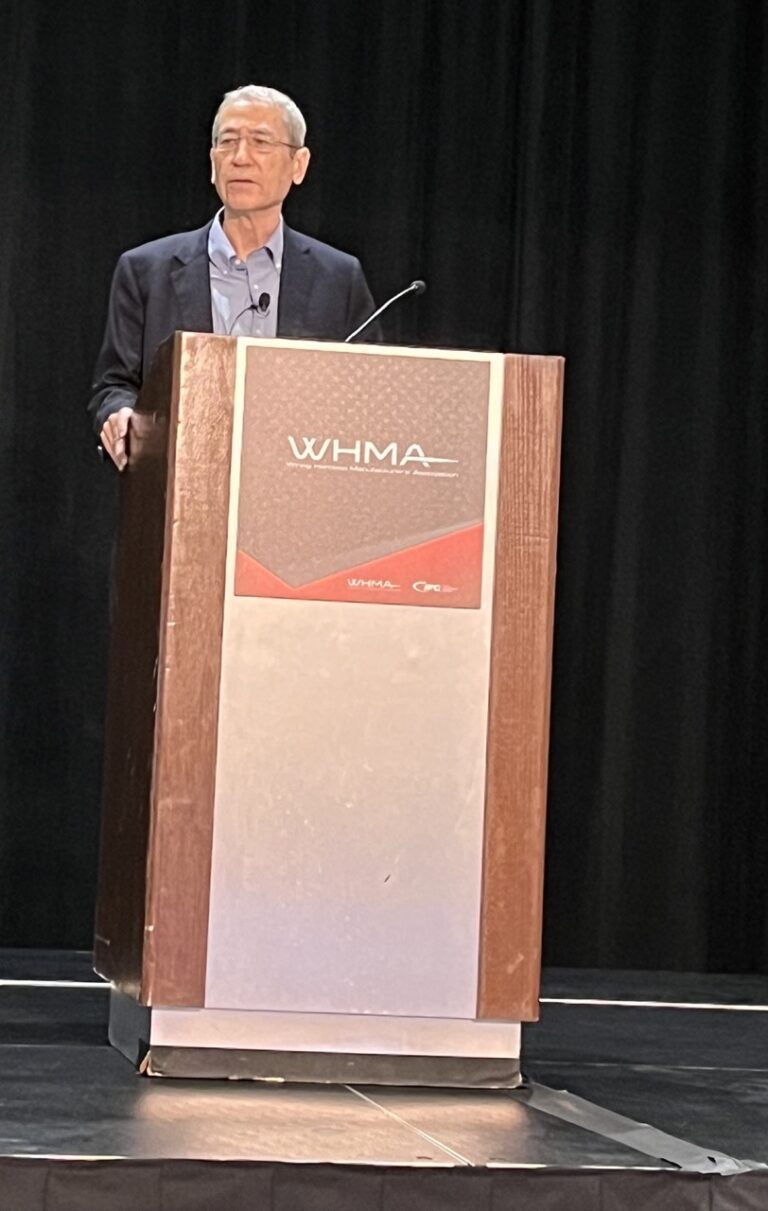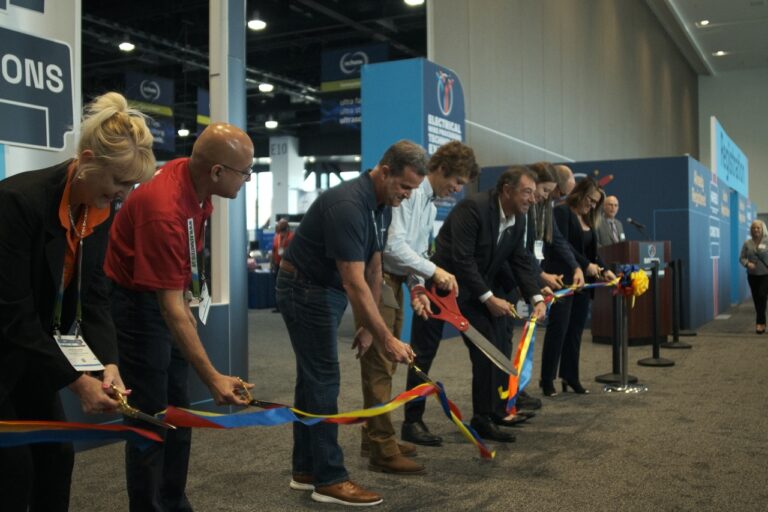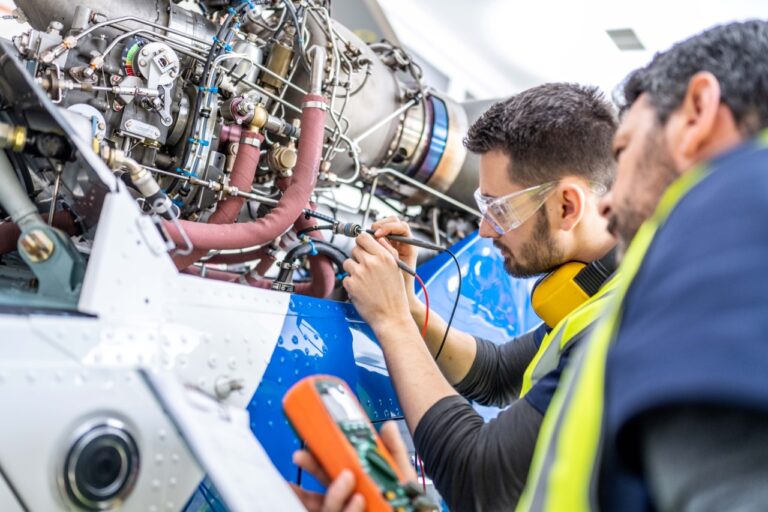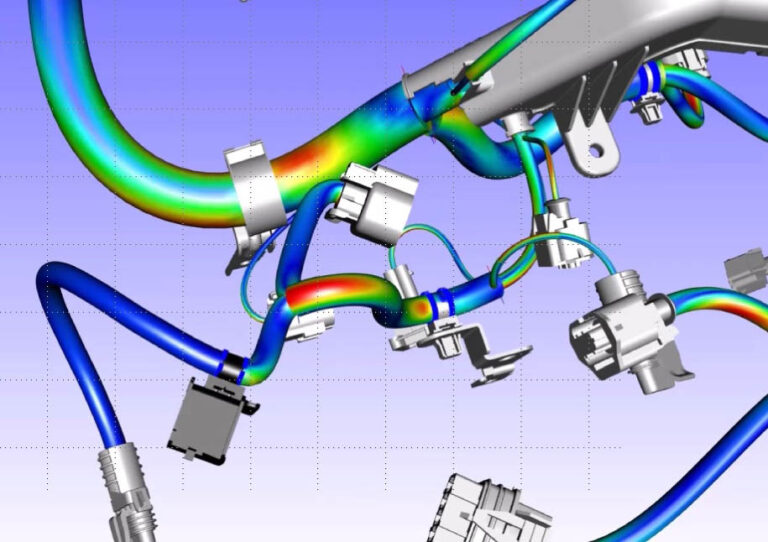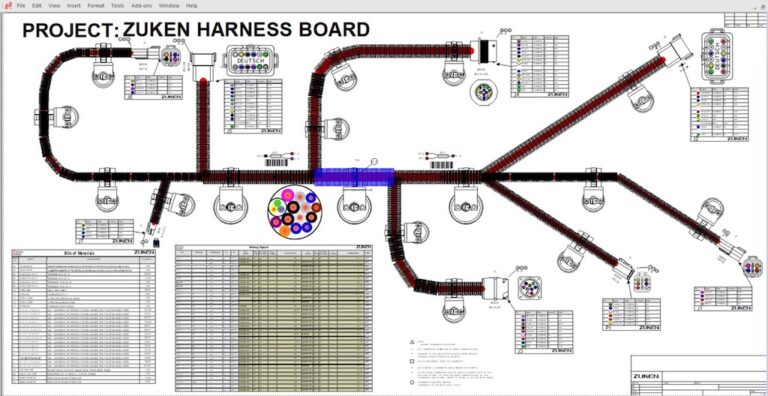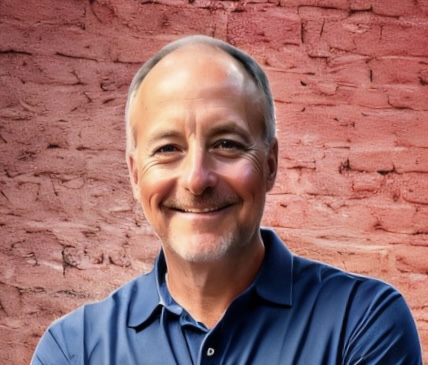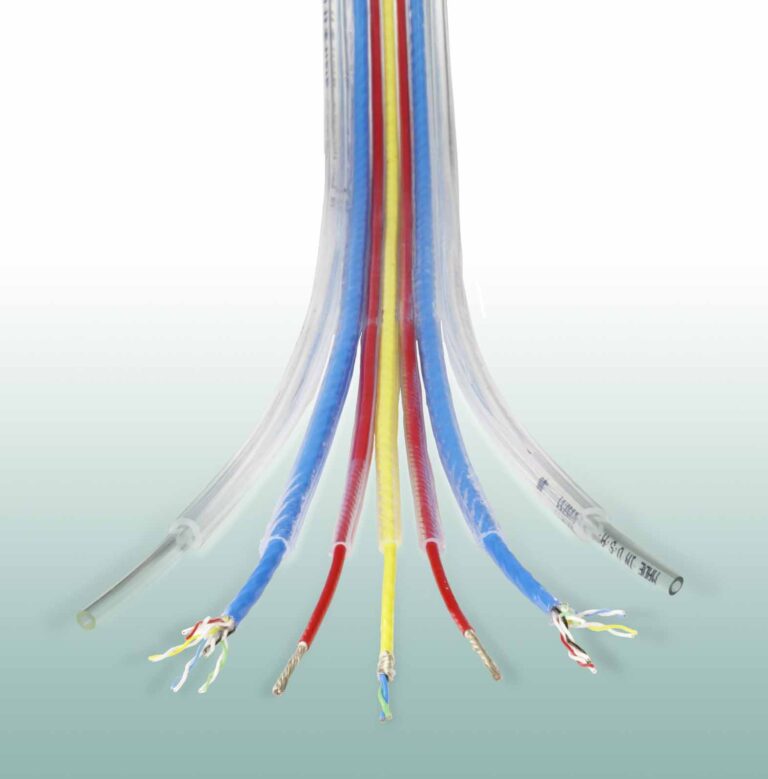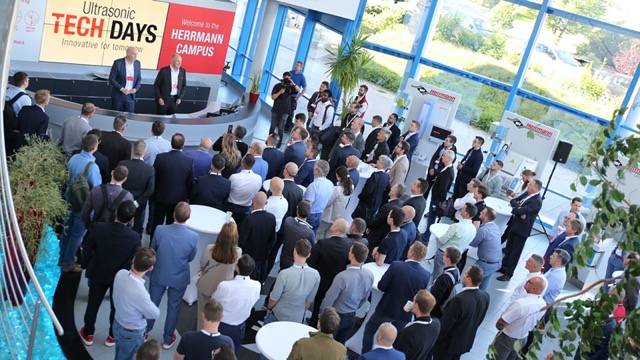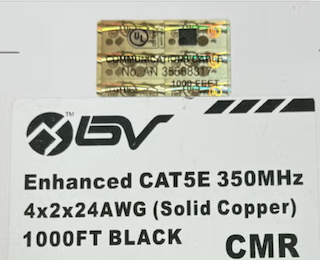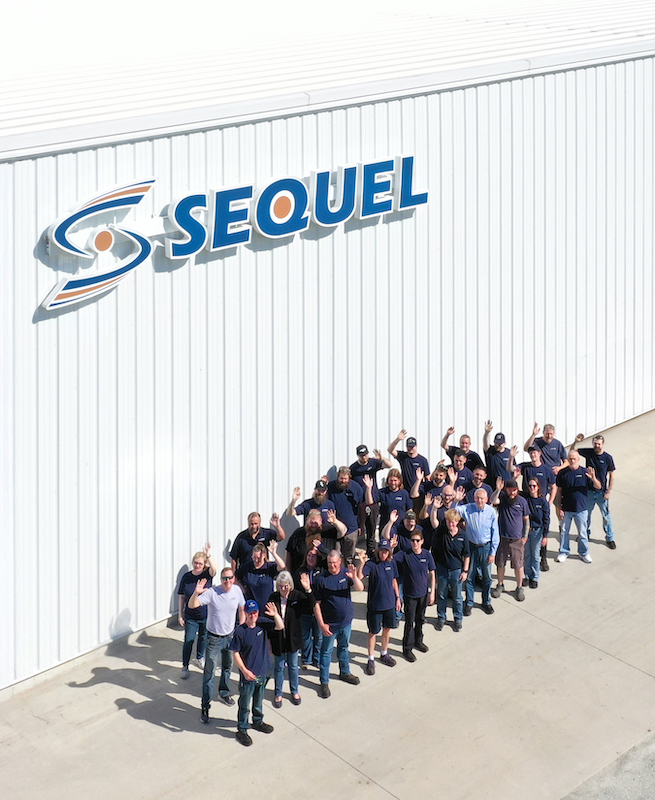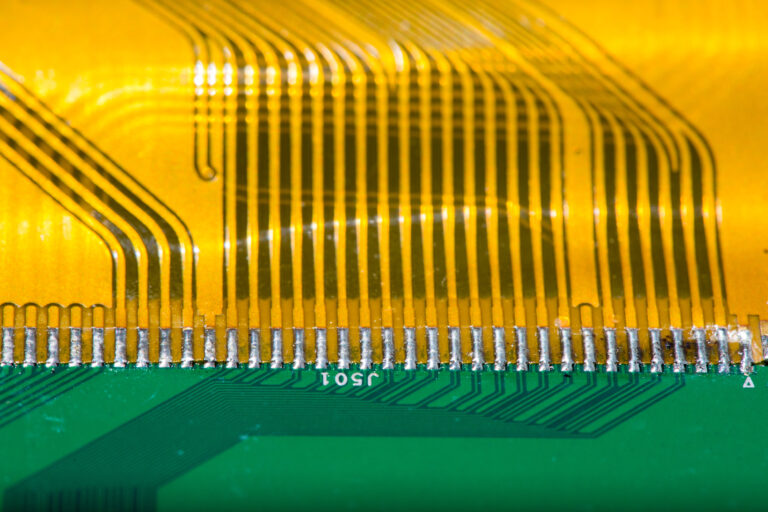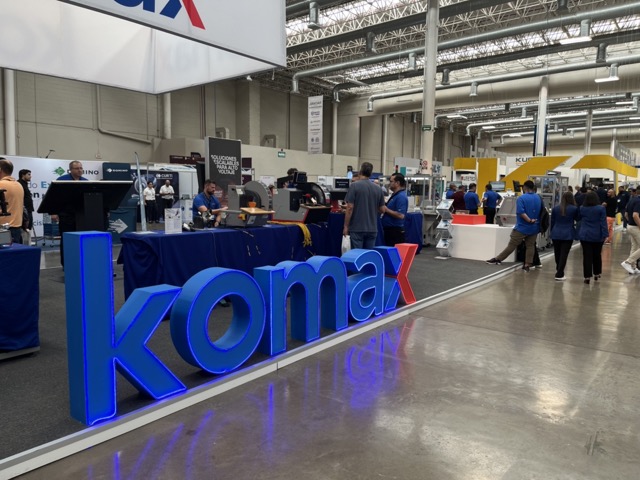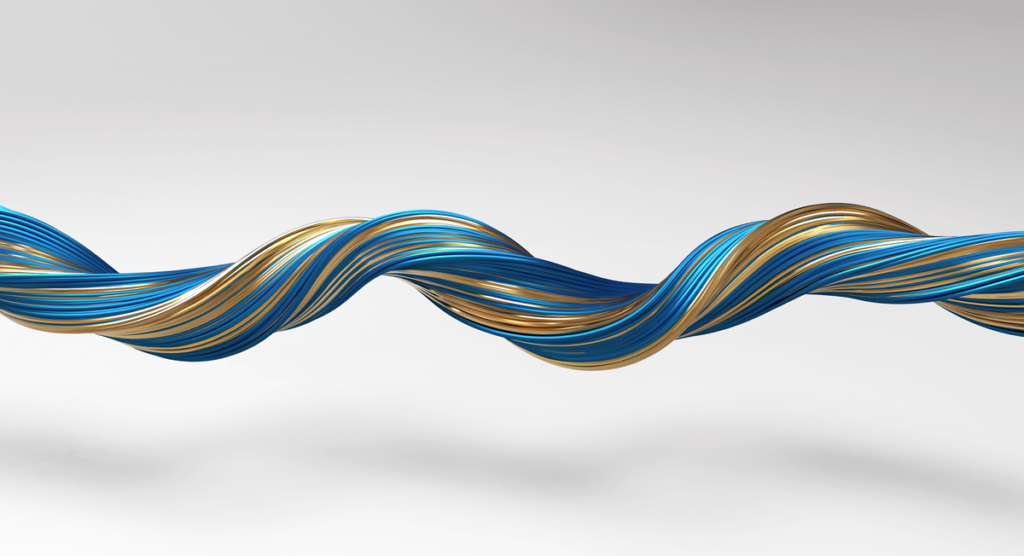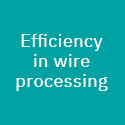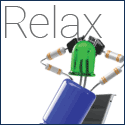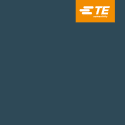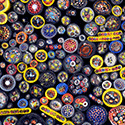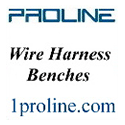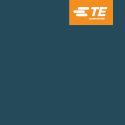The Power Women of the Wire Harness Industry
This edition of The Power Women series features Melissa Goecks, a Validation & Reliability Laboratory Supervisor & mechanical engineer, from the Milwaukee area. Melissa is currently employed by HellermannTyton, a solution provider specializing in the management and identification of wires, cable, and components.
Early Years
While many engineers were exposed to engineering at a young age via school programs, Melissa was not. She was raised in a less populated Northern suburb of Milwaukee where STEM programs were unavailable at the private school she attended. In 8th grade, there were only 7 kids in her entire class. Her teacher actually taught Melissa’s 8th grade class in a shared room along with the 7th grade class. Fortunately, Melissa was already exposed to engineering as her father was a mechanical engineer with Harley-Davidson. He was employed by H-D for 31 years, and later worked for Kohler in its faucet division prior to retiring. Melissa’s mother was a homemaker and childcare teacher, who really enjoyed being at the house with the kids.
Melissa mentioned that her parents did not push her to become an engineer. They also never ‘put her in a female box’ in that they did not expect her to only take interest in traditionally-female topics and activities. To the contrary, they often involved her in projects like woodworking and fishing.
Secondary School & College Experience
Even though she had exposure to engineering at a young age, Melissa was an undecided major during her first year at The University of Wisconsin-Milwaukee. Potentially because she had such a broad academic interest rather than being limited to strength in just math and science, her teachers did not recommend that she consider becoming an engineer. She decided to take Introduction to Engineering during her second semester of college and liked the class enough to choose engineering as her major. She recalls looking around the room and mentally noting that every object was designed by someone. She wanted to contribute to that creative construction. She chose to major in Mechanical Engineering as a result of her interest in design and the broad applications of the field.
When I asked her about her collegiate experience, she said that she was often the only girl in her class. Initially, because she was so shy, she did not join study groups, but rather studied on her own. During her Junior and Senior years, she realized she learned more effectively with others. At that point, she initiated more study sessions and found other engineering students to befriend—both men and women. In summary, she considered the lack of collegiate engineering female representation as an obstacle in her early University of Wisconsin-Milwaukee student experience. However, she eventually found her support network.
During college, she was an intern at Harley-Davidson twice—once in design engineering and next in the Structures Lab. While in the design assignment, her tasks were menial though an important first step to professional life. She preferred her final internship in the laboratory as she was working on more interesting, relevant projects. In all, she spent 3 ½ years at H-D. Due to a friend’s positive feedback about her own internship with HellermannTyton, Melissa also decided to seek an internship there. Building on her existing laboratory experience, her final internship was with HellermannTyton in their lab.
Post-Collegiate Experience
Since she enjoyed her millennial-friendly internship with HT, she didn’t feel the need to seek other opportunities upon graduation. Additionally, she thought that she would have significant opportunity with this company. In total, Melissa has been employed by HellermannTyton for 7 years. After her first internship year, she spent 1 ½ years as an engineer in the lab, then was promoted to Supervisor there, where she is now in her 4th year. She is about to undertake a new project involving the commonization of test standards within HellermannTyton, where she will work on a team with members from its global locations including Asia and Europe.
Melissa was and continues to be active in many organizations since joining the professional workforce. She was appointed as a member of a NEMA committee, The National Electrical Manufacturing Association, writes and revises global test standards. She also took part in writing a USCAR (The United States Council for Automotive Research) standard, which won a 2016 team award. After first attending the University of Wisconsin-Milwaukee’s Women Leaders Conference, Melissa successfully incited her company to sponsor the event the following year and serves on the advisory committee for the annual event.
As further professional development, Melissa recently began the University of Wisconsin-Platteville’s Master of Science in Organizational Change Leadership program. She wanted to compliment the analytical background with softer, personnel management skills especially given her current managerial role within HellermannTyton. The program content is based on social sciences. Pertaining to this ‘Power Women’ WHN Series, Melissa is actually researching why more females are not in engineering. Additionally, her coursework will address the overall scope of change management, inclusive of handling changes cross-culturally for most effective results.
When I asked Melissa about her advice to potential engineering students, she mentioned that she became an engineer through determination and grit. She feels mechanical ability is developed over time and activity, and that it’s something that anyone can learn. So, her advice is that students should persevere through adversity they may face in college, with the knowledge that skills take time to grow. Also, she noted that while she enjoyed design (a typical mechanical engineering focus), she found she prefers the applied science involved in test labs, especially the statistics aspect. She mentioned that others may share a similar experience. According to Melissa, “engineers should expect to continually find their natural strengths and interests beyond college, and they can build and specialize their careers around that.”
Thank you, Melissa, for sharing your story.
If you are interested in sharing the stories but missed the original WHN distribution, the articles are available on the Jana Diversity Solutions web- site at www.janadiversity.com, or at wiringharnessnews.com.
If you know a female engineer who would make a great candidate to feature in the Power Women series, please direct them to me at melissa. [email protected]

